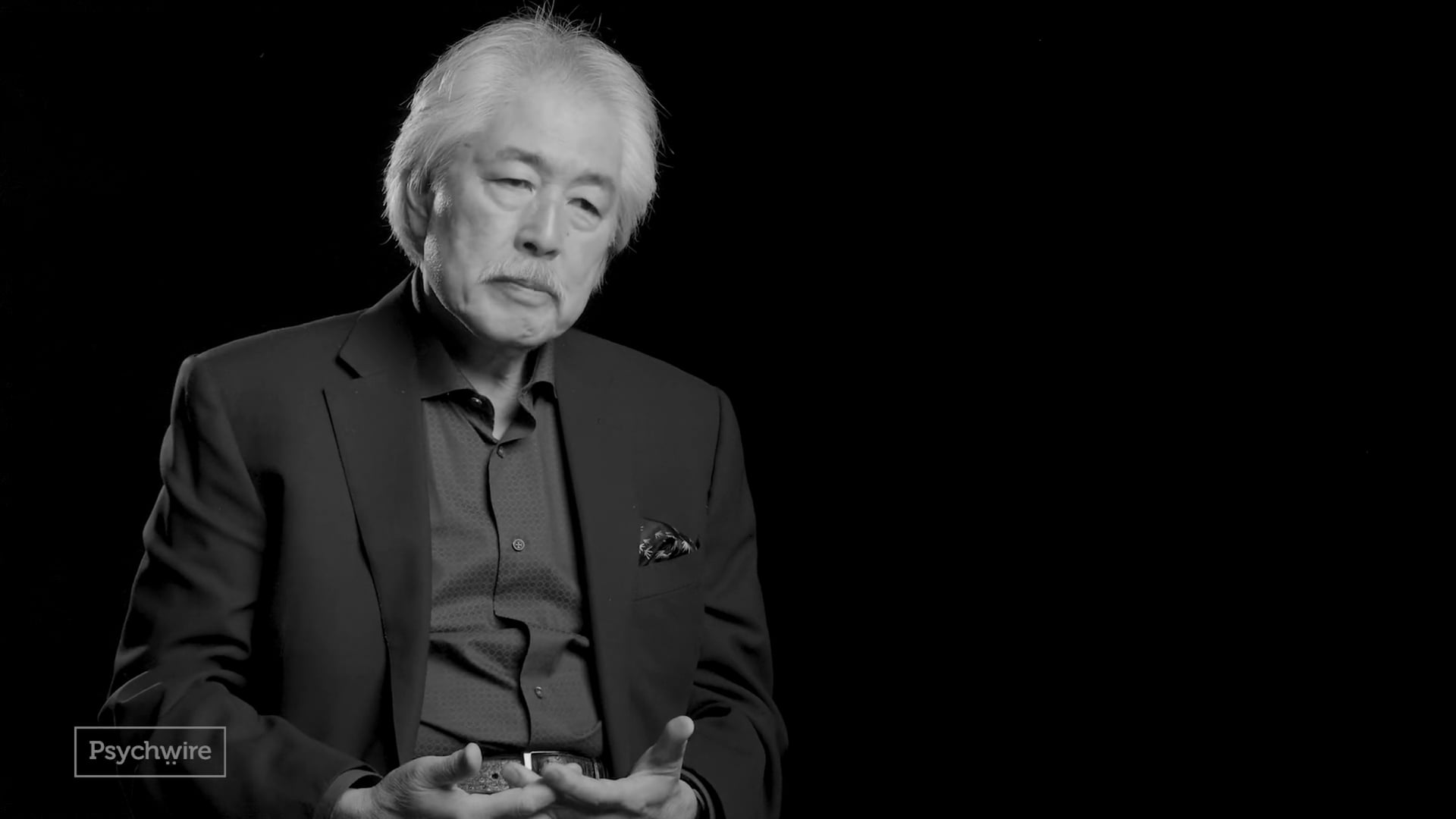
Coping with Cognitive Overload
 CBT for Depression
CBT for DepressionOne of the things that I think that we don't think about a lot is cognitive overload, just in terms of our lives. You as the listener, when you're listening to me, you're paying attention, and it takes a huge amount of your brainpower to pay attention to me. What happens if your telephone rings or if you hear a big siren outside, you might be distracted. Paying attention to both things requires just a lot more brain power. With cognitive overload, there's a number of techniques that we recommend.
They're called externalization, simplification, and visualization. Now externalization, the idea is we all make lists. We externalize what's in our mind and we put it down. The second one is simplification. When we try to deal with something really big. So one of the things that I would recommend is instead of thinking about a life goal, thinking about what do you want to do in a year?
What do you want to do in five years and put it down? What do you want to do this week? When it's achievable, it's gonna make us feel much better when we do meet that goal. When we don't meet that goal, like, how can I be rich by when I'm forty? That's when we become upset, depressed, anxious, etcetera. So break things down.
Third thing is visualization. Now one of the great things about humans is we have the capacity to visualize, to use what we call our mind's eye to kind of close our eyes and to create a kind of image. When I work with a person to use visualization as a means of relaxing, the more you'll be relaxed, the more we're able then to deal with cognitive overload. So when you go to your safe place, visualize, what do you hear? What do you smell? What do you touch? What do you feel? What are you thinking?
And when I work with a person, I would ask them all those kinds of questions. Often when we are anticipating a difficult situation, the dial is up. Okay? It's up. So we're not going from 0 to 60. We're gonna go from 60 to a 100. So let's go now from 60 and go down, down, and then relax, and it's much easier to deal with with with that stress.